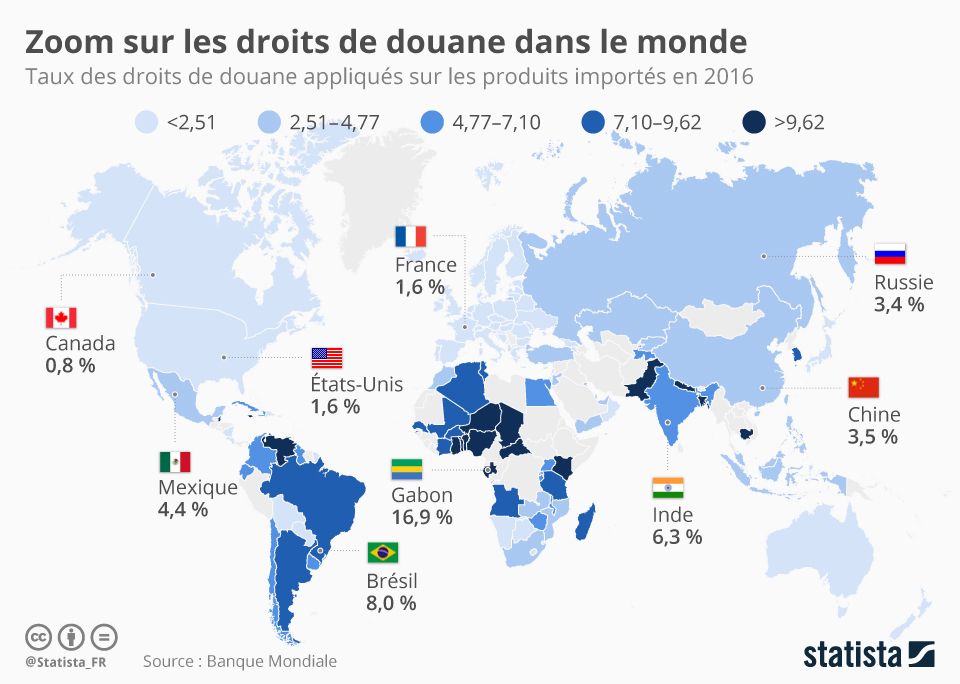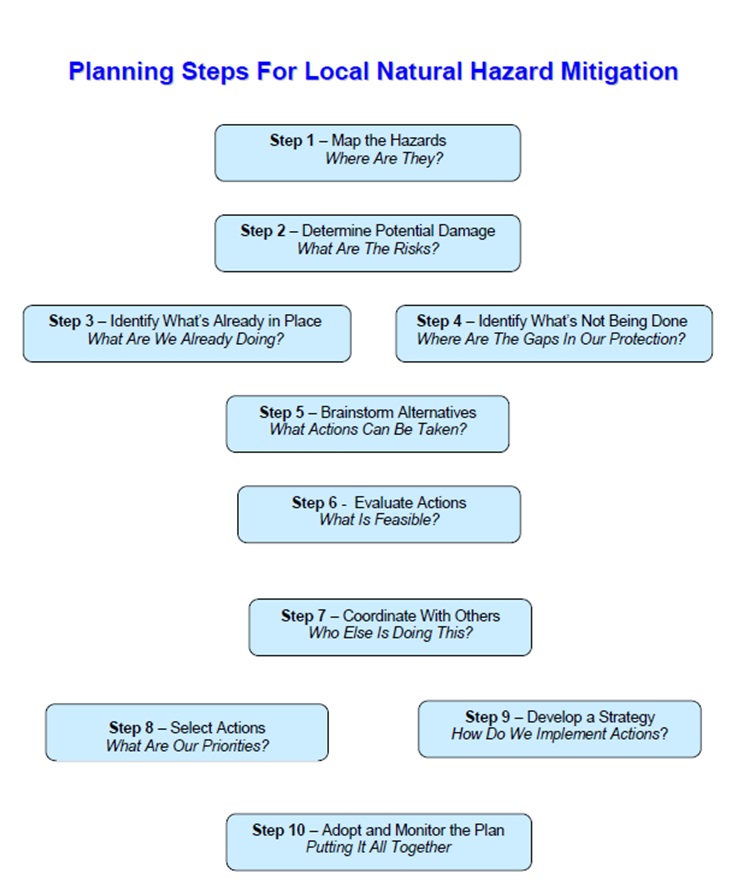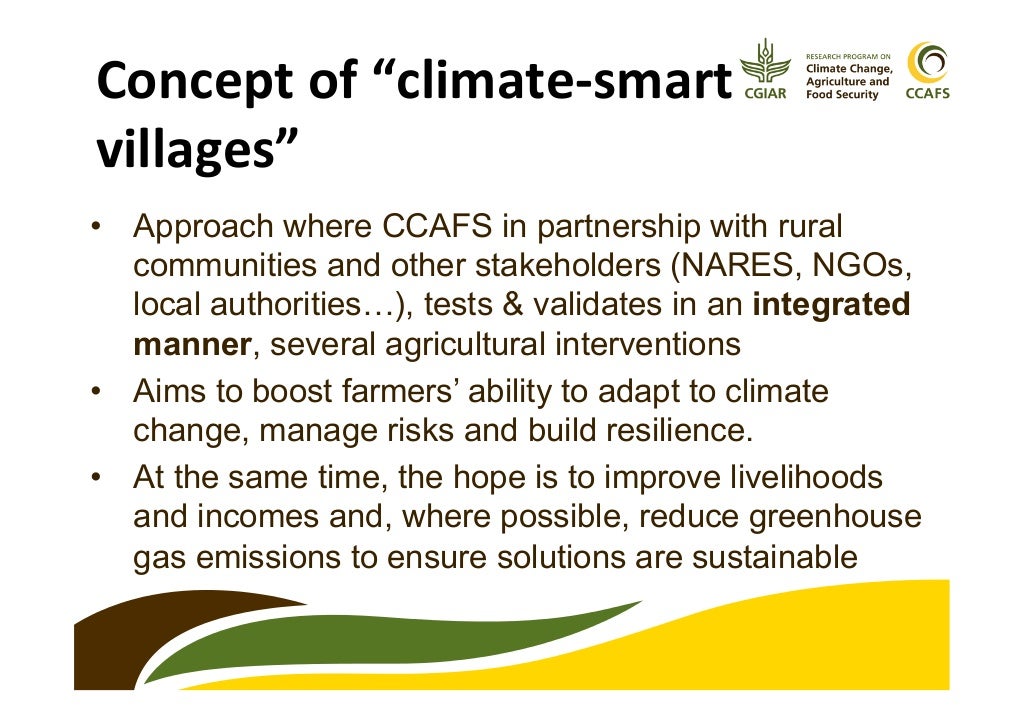Exclusive Report: Trump's Approach To Reducing Automotive Tariff Burden

Table of Contents
Trump's Use of Bilateral Negotiations to Reduce Tariffs
President Trump's administration heavily relied on bilateral negotiations to address automotive tariffs. This approach, prioritizing direct deals with individual countries rather than multilateral agreements, shaped the landscape of automotive trade during his tenure.
Negotiations with Mexico and Canada (USMCA):
The renegotiation of NAFTA into the United States-Mexico-Canada Agreement (USMCA) stands as a prime example of Trump's bilateral negotiation strategy to reduce the automotive tariff burden. This complex process involved significant changes to the original agreement, aiming for a more balanced and beneficial arrangement for the US automotive sector.
- Specific tariff reductions achieved: While not eliminating tariffs entirely, USMCA led to some reductions on automotive parts and vehicles, streamlining the supply chains between the three countries. Specific details varied depending on the product classification.
- Impact on the auto industry: The agreement aimed to increase regional content requirements, encouraging more North American manufacturing and potentially reducing reliance on imports from outside the bloc. This had a mixed impact, with some sectors benefiting while others faced adjustments.
- Challenges faced during negotiations: The negotiations were protracted and contentious, reflecting the differing priorities of the three nations. Concerns about labor standards, intellectual property, and dispute resolution mechanisms were significant hurdles.
- Key players involved: Robert Lighthizer (US Trade Representative), Chrystia Freeland (Canadian Deputy Prime Minister), and Ildefonso Guajardo Villarreal (Mexican Secretary of Economy) were key figures in the negotiations.
- Trade volume changes post-USMCA: Data on post-USMCA trade volume shows an increase in overall trade among the three countries, but the impact on the automotive sector specifically requires further analysis considering other factors.
Bilateral Talks with Other Countries:
Beyond USMCA, the Trump administration engaged in bilateral talks with several other countries regarding automotive tariffs. However, the outcomes varied significantly.
- Specific countries: Discussions were held with countries like Japan and South Korea, focusing on reducing trade imbalances and addressing perceived unfair trade practices.
- Tariff reduction outcomes: Some limited agreements were reached, but the overall impact on the automotive tariff burden remained modest compared to the changes brought about by USMCA. Success varied considerably based on the leverage each country held and the specific demands of the negotiation.
- Successes and failures: While some bilateral negotiations resulted in minor tariff reductions, many faced significant challenges due to the complexities of international trade and competing national interests. The effectiveness of bilateral approaches, compared to multilateral negotiations, remains a subject of debate.
The Impact of Section 232 Tariffs and Subsequent Exemptions
A significant aspect of Trump's approach involved the implementation and subsequent modification of Section 232 tariffs. This section of the Trade Expansion Act of 1962 allows the President to impose tariffs on imports that threaten national security.
Justification and Implementation of Section 232:
The Trump administration invoked Section 232 to justify the imposition of tariffs on imported steel and aluminum. This had a considerable ripple effect on the automotive industry, as steel and aluminum are crucial inputs in vehicle manufacturing.
- National security concerns: The administration argued that the influx of foreign steel and aluminum threatened US national security, affecting the capacity of domestic producers to supply critical materials for defense industries.
- Impact on automakers' input costs: The tariffs increased the cost of steel and aluminum for automakers, potentially leading to higher vehicle prices and reduced competitiveness.
- Initial reactions from affected countries: Affected countries, including Canada, Mexico, and the European Union, responded with retaliatory tariffs on various US goods, creating further trade tensions.
Granting of Exemptions and Their Implications:
To mitigate the negative impact on specific industries, the Trump administration granted exemptions from Section 232 tariffs to certain countries or companies within the automotive sector.
- Criteria for exemption: The criteria for granting exemptions were not always transparent, leading to criticisms of favoritism and inconsistencies.
- Countries/companies that received exemptions: Some countries secured exemptions based on national security considerations or strategic alliances. Specific companies also sought and, in some cases, received exemptions.
- Impact on the overall tariff burden: The exemptions helped reduce the tariff burden for certain segments of the auto industry, but they also created uneven playing fields and raised questions about fairness.
- Fairness and effectiveness: The exemption process faced significant criticism due to its lack of transparency and potential for political influence. Its effectiveness in achieving desired economic outcomes was also debated.
The Role of Trade Wars and Their Effect on Automotive Tariffs
The Trump administration's engagement in trade wars, particularly with China, had significant repercussions for automotive tariffs.
Trade Disputes with China and Their Impact:
The escalating trade war with China involved the imposition of tariffs on a wide range of goods, including automotive parts and vehicles. This directly affected the automotive industry and created uncertainty in the global supply chain.
- Specific tariffs imposed on Chinese auto parts or vehicles: Tariffs were imposed on various auto parts and vehicles imported from China, leading to increased costs for American consumers and businesses.
- Retaliatory measures: China responded with retaliatory tariffs on US goods, impacting various sectors of the American economy.
- Impact on supply chains: The trade war disrupted global supply chains, making it more difficult for automakers to source parts and materials efficiently.
Overall Economic Consequences of Trump’s Trade Policies on the Automotive Sector:
Trump's trade policies, including those affecting automotive tariffs, resulted in complex economic consequences.
- Job losses/gains: While some jobs were potentially created in certain segments due to increased domestic production, others were lost due to disruptions in supply chains and increased costs.
- Investment changes: Investment decisions were affected by uncertainty caused by the fluctuating tariff environment, with some companies delaying or canceling investment projects.
- Impact on American automakers' global competitiveness: The increased costs due to tariffs and trade wars reduced the competitiveness of American automakers in the global market.
- Relevant economic data and statistics: Specific data on job losses, investment changes, and trade deficits require analysis of relevant economic reports and government statistics from the period.
Conclusion
This report provides an in-depth analysis of President Trump's multifaceted approach to reducing the automotive tariff burden. His strategies, encompassing bilateral negotiations, Section 232 tariffs and exemptions, and engagement in trade wars, significantly impacted the automotive industry. While some successes were achieved in lowering tariffs through agreements like USMCA, the overall effects were complex and involved both gains and losses for American automakers. Understanding these nuances is crucial for navigating future trade policy debates. To further your understanding of Trump's impact on automotive tariffs and international trade relations, explore additional resources on the topic. Continue researching the effects of automotive tariff burden reduction strategies to gain a complete perspective.

Featured Posts
-
 Ai In Process Safety A Patent For Enhanced Hazard Mitigation
Apr 30, 2025
Ai In Process Safety A Patent For Enhanced Hazard Mitigation
Apr 30, 2025 -
 Sustainable Development In Africa Schneider Electrics Climate Smart Village Initiative
Apr 30, 2025
Sustainable Development In Africa Schneider Electrics Climate Smart Village Initiative
Apr 30, 2025 -
 Resilient Investments Fuel China Lifes Profit Increase
Apr 30, 2025
Resilient Investments Fuel China Lifes Profit Increase
Apr 30, 2025 -
 Ultima Oportunidad Clases De Boxeo Edomex 3 Dias
Apr 30, 2025
Ultima Oportunidad Clases De Boxeo Edomex 3 Dias
Apr 30, 2025 -
 Za Kulisami Vstrechi Pochemu Tramp Ne Sidel Ryadom S Zelenskim
Apr 30, 2025
Za Kulisami Vstrechi Pochemu Tramp Ne Sidel Ryadom S Zelenskim
Apr 30, 2025
